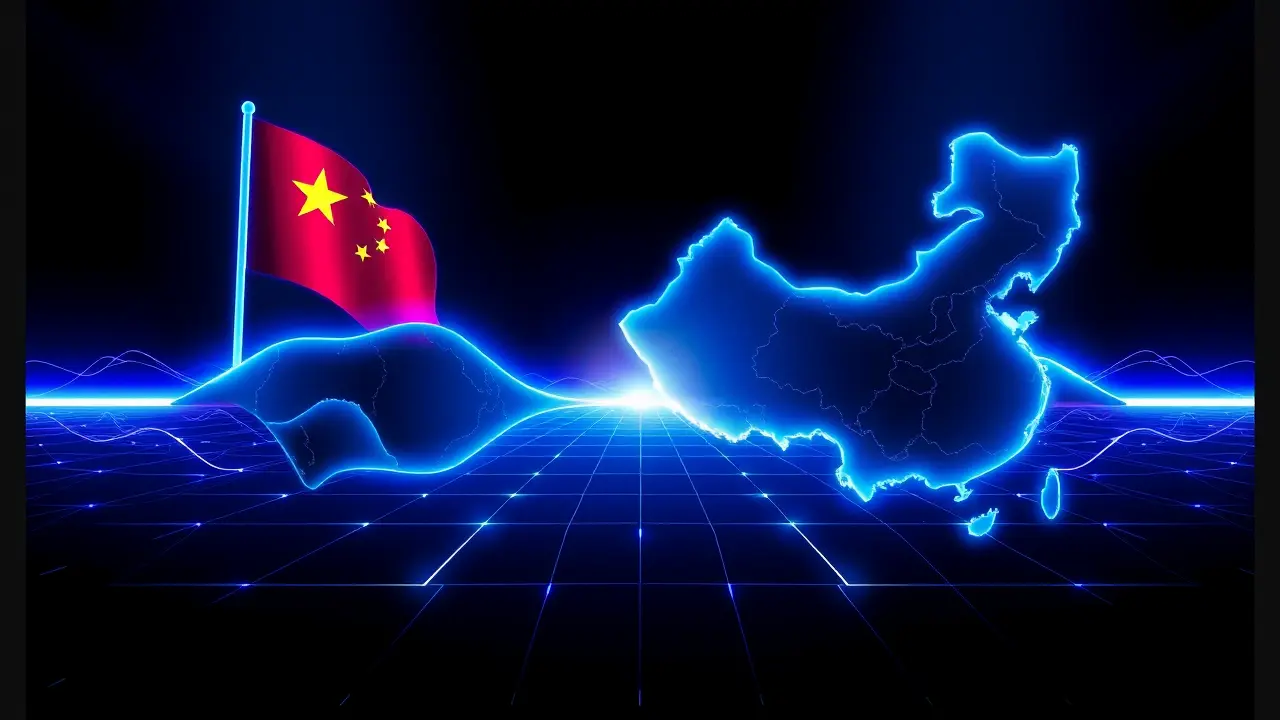
Politicssanctions & tradeTrade Deals
US and China Pursue New Trade Negotiations Amid Thaw
RO
Robert Hayes
22 hours ago7 min read
In a diplomatic pivot that recalls the strategic recalibrations of prior administrations facing economic headwinds, the United States and China have cautiously re-engaged on the trade front, signaling a potential thaw after years of escalating tariffs and hostile rhetoric. This shift, marked by a discernible softening in tone from previously hawkish U.S. officials and the Trump administration's earnest pursuit of new negotiations, prompts a deeper analysis of the underlying economic realities forcing this détente.The protracted trade war, initiated under the 'America First' banner, has yielded a complex legacy of supply chain disruptions, inflationary pressures, and mutual economic attrition, creating a scenario where, much like historical precedents such as the Nixon administration's pragmatic outreach to China, raw national interest is compelling a reassessment of maximalist positions. The American establishment, long divided on the approach to Beijing, appears to be converging on a recognition that unmitigated confrontation carries unsustainable costs, particularly as global economic forecasts darken.This is not merely a tactical pause but a potential strategic inflection point, reminiscent of the calculated diplomacy seen during Cold War-era negotiations, where ideological posturing eventually gave way to pragmatic engagement. The core question remains whether this renewed dialogue can produce a substantive agreement that addresses longstanding issues of intellectual property theft, market access, and state subsidies, or if it will merely serve as a temporary ceasefire in a longer-term struggle for technological and economic supremacy.The consequences of failure are significant, risking not only a re-escalation of trade barriers but also a further fragmentation of the global economic order into competing spheres of influence. Expert commentary from seasoned political risk analysts suggests that while the window for a meaningful deal exists, it is narrow, constrained by domestic political pressures in both Washington and Beijing and the inherent difficulty of reconciling two vastly different economic systems. The world watches closely, for the outcome of these negotiations will not only define the bilateral relationship for the next decade but also set the tenor for international trade and geopolitical alignments in an increasingly multipolar world.
#US-China relations
#trade negotiations
#diplomacy
#economic policy
#featured
Stay Informed. Act Smarter.
Get weekly highlights, major headlines, and expert insights — then put your knowledge to work in our live prediction markets.
© 2025 Outpoll Service LTD. All rights reserved.